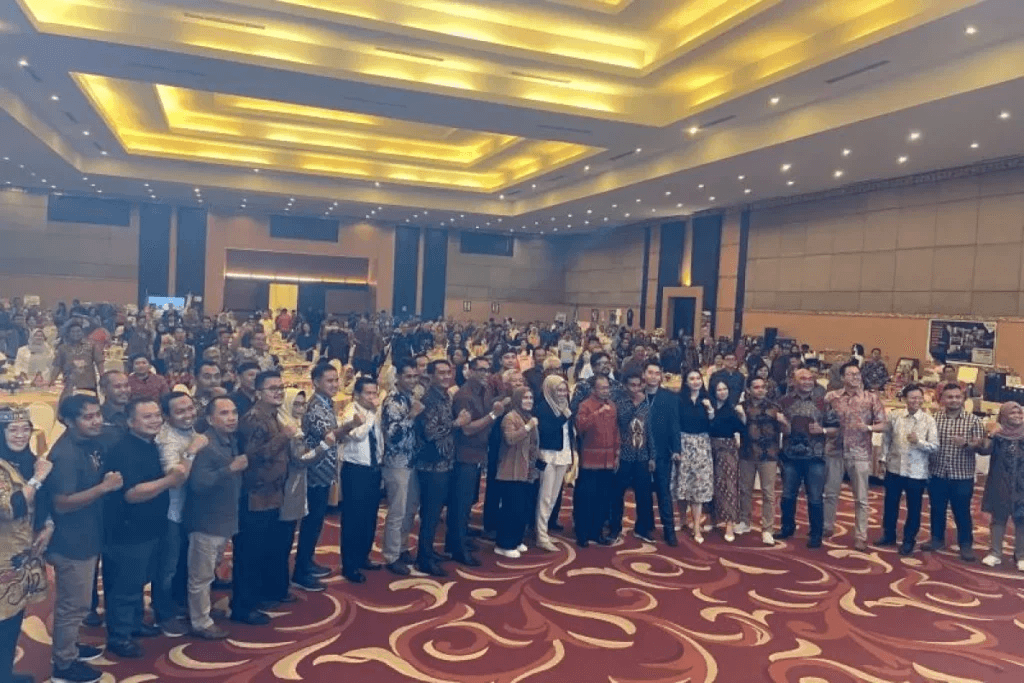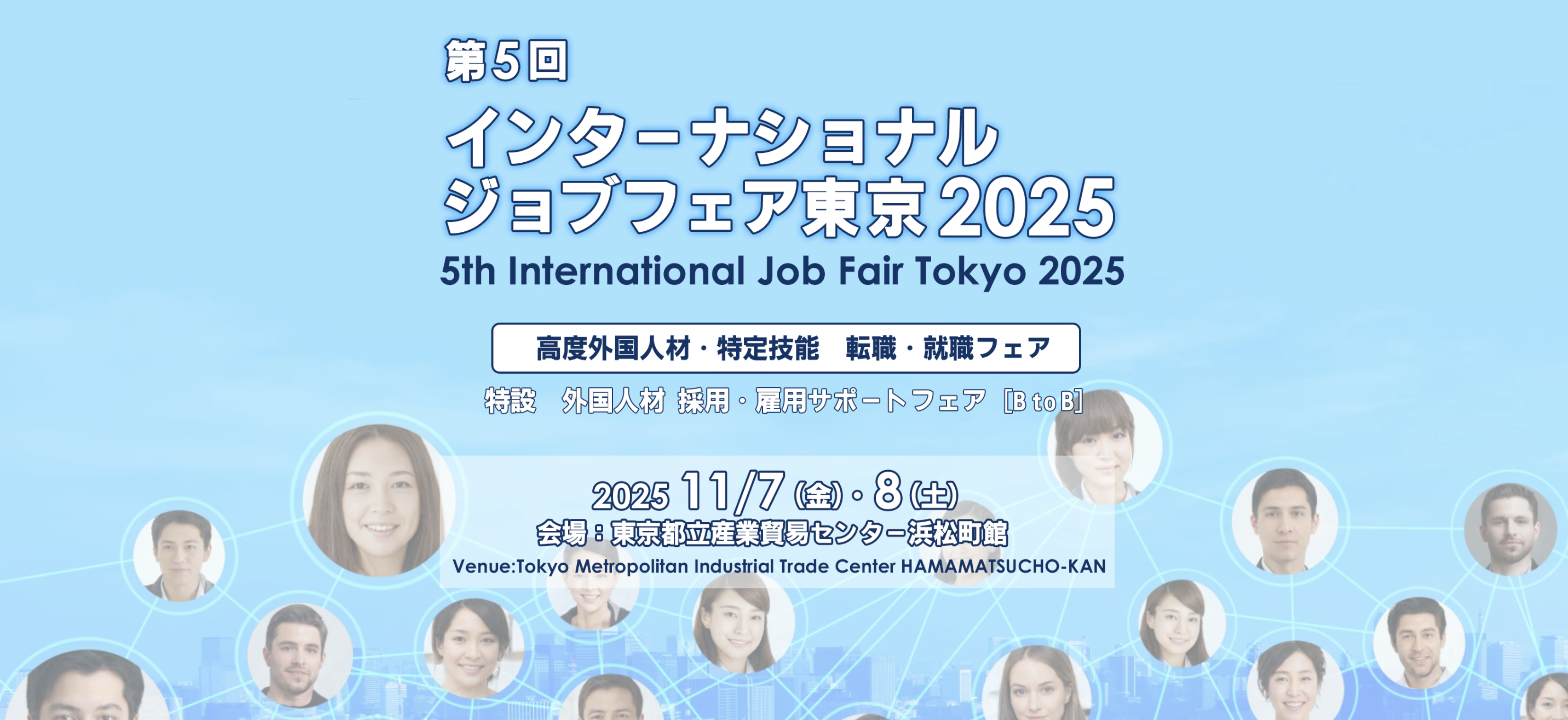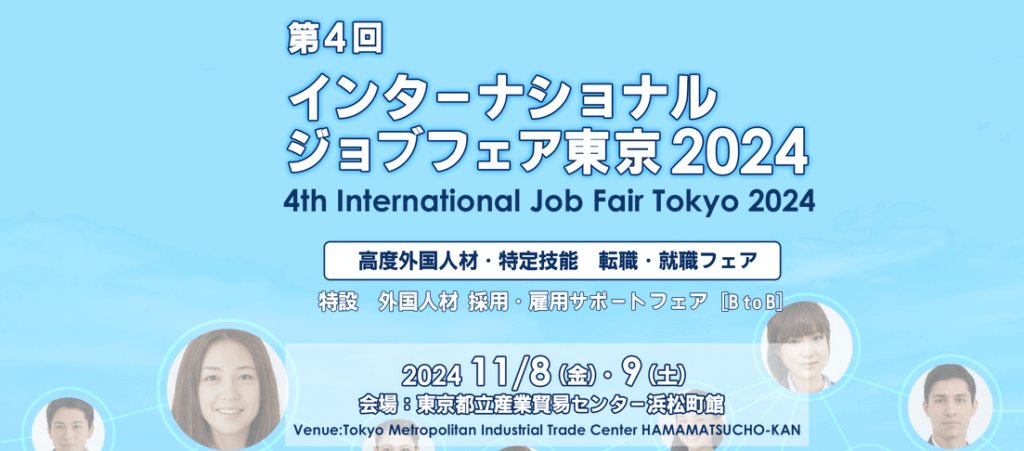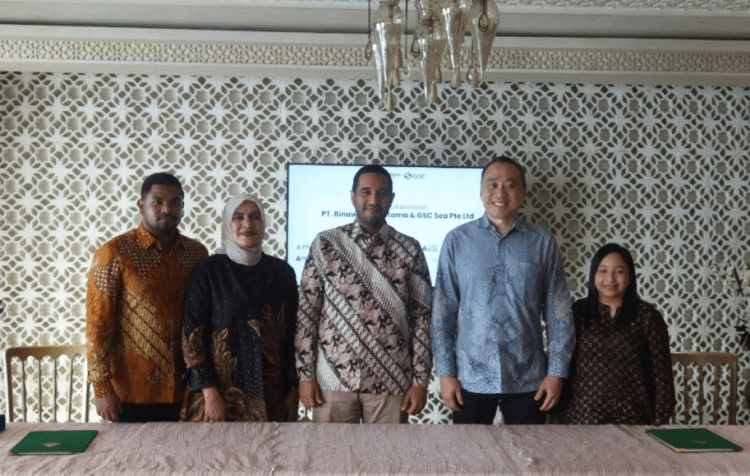Ministry of Manpower calls for Link and Match to align the workforce with industry.

Denpasar (ANTARA) – The Ministry of Manpower (Kemenaker), during the 1st Indonesian Vocational Link and Match event, called for efforts to ensure that initiatives to connect and align the workforce with industry result in real synchronization.
“I hope that after this event we can all reflect and make improvements on how supply and demand can be harmonized and aligned, link and match, even though it may never be 100 percent aligned or fully relevant to the business and industrial world,” said the Ministry’s Expert Staff for Economic Affairs, Aris Wahyudi, in Denpasar, Bali, Saturday.
The event, which focused on helping vocational high school (SMK) graduates access job opportunities, was attended by companies and educational institutions from across Indonesia. During the discussions, they raised various issues. According to the Ministry, one of the main challenges faced by industries comes from employment-related matters, such as difficulty in recruiting workers, employee performance not meeting expectations, difficulties in termination, and rising wages. On the supply side, abundant vocational graduates also struggle to enter the labor market. Therefore, this link and match activity in Bali is considered relevant to the implementation of Presidential Regulation No. 68 of 2022 on the Revitalization of Education, where the aim is to ensure that vocational graduates are aligned with industry needs.
Aris urged vocational education institutions to apply the 3C formula in teaching students—competent, confident, and connecting—as these will ease their path when seeking employment.
“It should be enough for young people to secure jobs when opportunities suddenly arise, whether by using the Top Loker portal, or through platforms provided by the Ministry such as Karirhub, Siapkerja, job-matching services at BKK, or training centers that offer reskilling programs for career changes,” he said.
Head of Legal Affairs at the Indonesian Hotel General Manager Association (IHGMA) Bali, Pande Ketut Suartaya, representing employers, agreed on the importance of aligning the workforce with industry needs. He emphasized that to enter a company, workers must meet specific criteria. According to him, vocational education institutions must involve industry when drafting curricula to ensure graduates are more easily absorbed into the labor market.
“We hope the academic side can blend in. When designing the curriculum, we should be invited as practitioners so that link and match can truly happen, and I hope teachers themselves also take apprenticeships because those teaching students must first understand what it means to work in a hotel,” he said.
Meanwhile, Rector of the University of Science and Computer Technology (STEKOM) Semarang, Joseph Teguh Santoso, organizer of the 1st Indonesian Vocational Link and Match, explained that the event deliberately gathered nearly 400 participants from vocational institutions and industries to reach common ground that would make it easier for students to secure jobs after graduation.
Following up on the Ministry’s message, Joseph presented one of the university’s research products, the Top Loker platform, which allows vocational high school students to envision the job market they are preparing to enter.
“This way, students from grade 10 already have a foundation that makes it easier to find work. There are more than 20 systems here designed to ease the burden on educators. For example, with monthly virtual job fairs—imagine three years of attending, that means 36 times—it’s almost impossible not to produce results,” he said.
The STEKOM Rector expressed hope that the event would foster stronger partnerships between vocational education institutions and industries, ultimately producing graduates of high quality that meet labor market needs.
.png?width=193&height=84&name=Logo%20GSC%20(SEA).png)
.jpeg)


